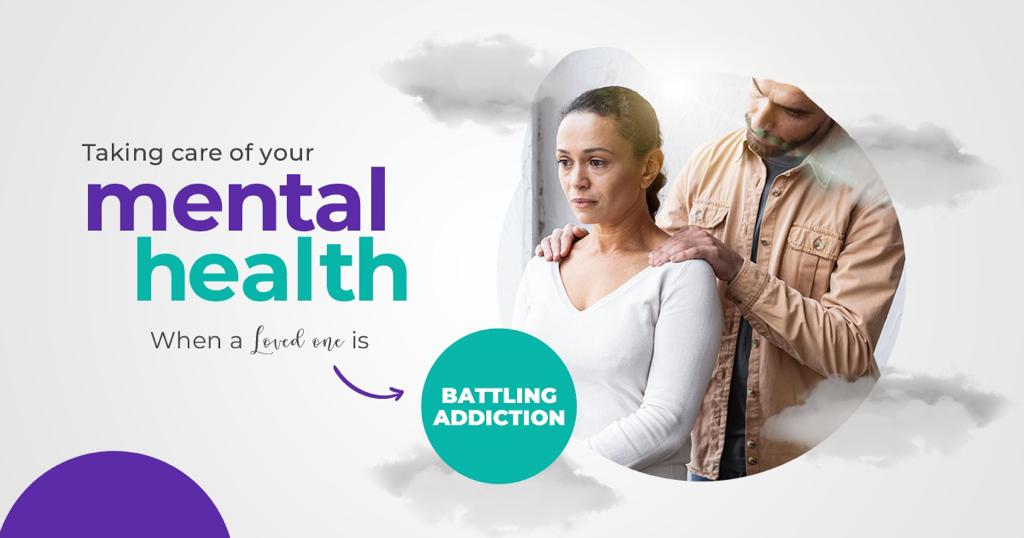
Understanding Addiction – Taking Care of Your Mental Health When a Loved One is Battling Addiction
Addiction is a chronic disease that affects all aspects of a person’s life, including their relationships, career, health, family dynamics, and psychological well-being. When a loved one struggles with the























